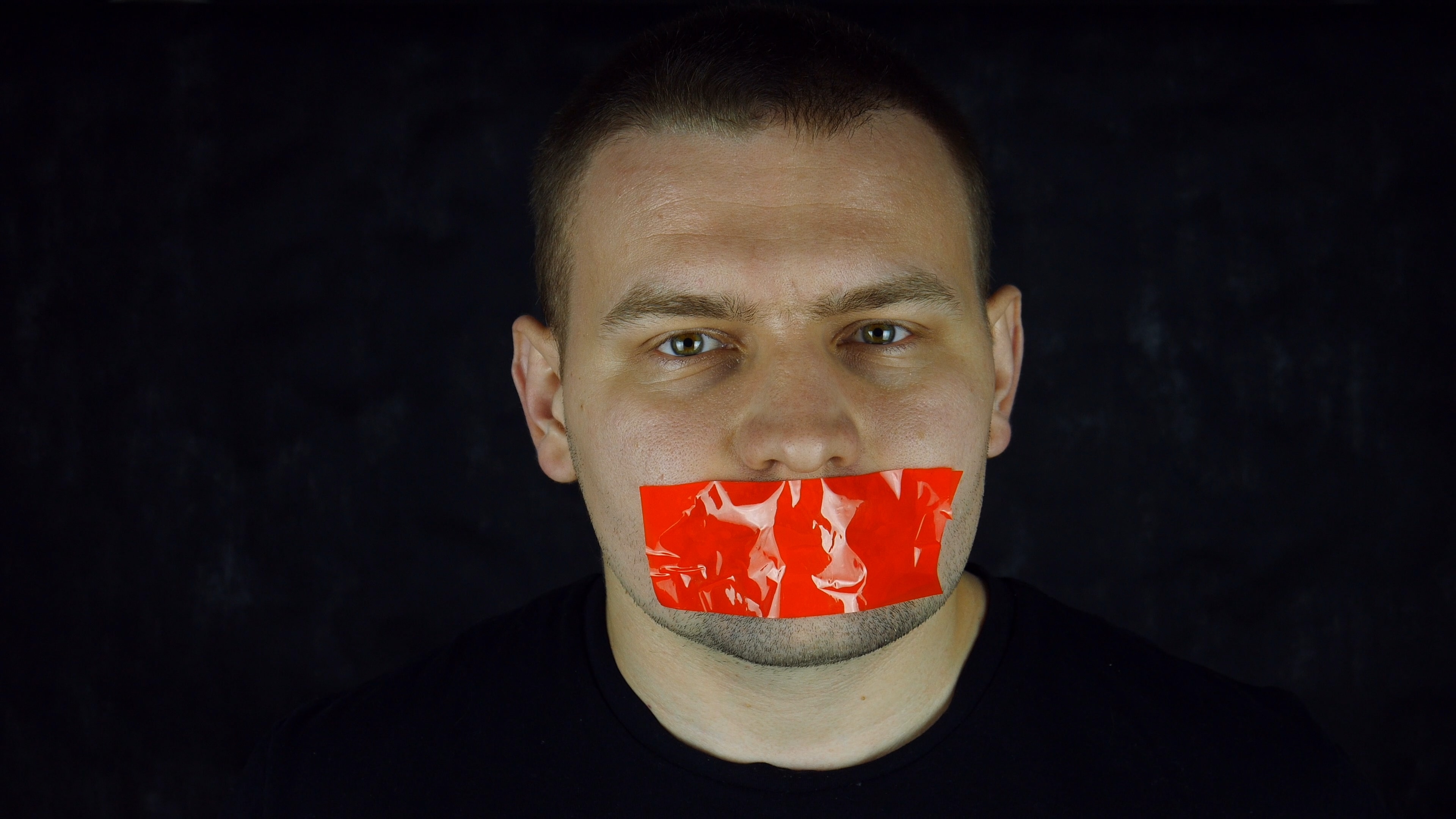blog
How Coaching through COVID was born
Coaching through COVID was born out of a compassionate response to what NHS and care workers were going through when COVID hit the UK in March 2020. It was set up spontaneously by a small group of executive coaches (including myself), and began to offer coaching within days of being launched. We were driven by a desire to contribute to resourcing those not only on the front line (doctors, nurses and other medical staff) but also those providing the infrastructure to the front line (pharmacists, cleaners and clerical staff, to mention just a few).
Coaches came forward in droves (and careful selection processes needed to be put in place quickly to make sure that only highly qualified and experienced coaches were recruited for the programme), and coaching clients came forward through contacts with champions – people who had experienced coaching on the programme and wanted to share their stories of the benefits with others – and organisational sponsors.
The programme’s ethos and philosophy: compassion
The whole programme was run without a penny changing hands, but it has been rich in so many ways. Our ethos and philosophy have always been based on compassion, psychological safety, collective intelligence, agility, the WHO message of ‘speed, not perfection’ and an underlying principle of ‘be present, be with, hold space’. As Rachel Remen (Professor at the Osher Center of Integrative Medicine at the University of California, San Francisco) says (see her talk here ), neither helping, nor fixing, but serving. This has been lived and breathed as a way of being in the core team: everyone joining the team has remarked on it, and how different it is from all the other teams and team meetings they’ve ever been part of.
The experience of clients, coaches and partners
Clients (the vast majority of whom had never come across coaching before and had no idea before they started what it was going to be like) speak in glowing terms about the experience, their relationship with their coaches, the sense of being resourced on a sustainable basis, and the changes and transformations that they’ve experienced.
Coaches have repeatedly remarked on the sense of belonging, community, caring and being held and nurtured, despite the entire programme being virtual.
Partners, hospital trusts, coaching organisations and many others have offered their support generously and have been proud to be associated with the programme.
Drawing to a close – and what’s next
After 2 years, we felt that the programme had served its purpose, and after 2½ years what started as Coaching through COVID, and became Coaching through COVID and Beyond, has drawn to a close, having offered coaching to 650 people, through 250 experienced and qualified coaches, culminating in a final, celebratory (virtual) conference at which we marked the ending and looked at where the programme had come from and what led to its birth, its imprint and impact now, and the emergence of new ideas which enshrine learning from the programme (especially with regard to the ethos and approach) which can be applied elsewhere. For sure, the NHS could continue to benefit, and the climate crisis could start to benefit.
How does it feel?
For 2½ years, as a co-founder, Coaching through COVID (and Beyond) has been viscerally part of my life: it feels absolutely integral to who I am. I’m proud of what has been offered to those in need of it and of the difference it’s made to 650 clients, their families and their working environments. And I’m joyful at having been part of a team (which has changed significantly since we first began) that has lived a philosophy that I believe in passionately, that is extremely unusual, and that indeed seems to be unique: it has been one of the greatest privileges of my life. It’s because of that philosophy that we’ve been able to achieve the outcomes that we have, and to enable more than 1000 people (including clients, coaches, the team and all those others who have been involved) to change their lives in some way, during and after the unique experience that was – and remains – COVID.
Photo by Jonathan Borba on Unsplash
Coaching through COVID and Beyond drawing to a close
Coaching through COVID was born out of a compassionate response to what NHS and care workers were going through when COVID hit the UK in March 2020, and intended most of all to serve, rather than help or fix. It was set up spontaneously by a small group of executive coaches (including myself), and began to offer coaching within days of being launched. After 2½ years, what started as Coaching through COVID, and became Coaching through COVID and Beyond, has drawn to a close, having offered coaching to 650 people, through 250 experienced and qualified coaches, culminating in a final, celebratory (virtual) conference at which we marked the ending.
Read more »Power, voice and the relational nature of work
He was a C-suite leader in a multinational company, fulfilling a demanding, multi-faceted role. His CEO wanted staff in the office four days a week, and he was beginning to feel peripheral to his family. He knew that for his own and his family’s wellbeing he wanted to be in the office only three days a week. He was, however, very hesitant to raise his dilemma with his CEO: he felt out on a limb, risking his sense of belonging. It struck me that the predominant dynamic was an imbalance of power, in contrast to the possibility of creative collaboration, and he didn’t seem to be hopeful that he would be heard. How might leaders enable their people to step into, and leverage, more of their own power? How might both leader and led transform their perceptions of their roles and their places into something less atomised and individualised and something more relational?
Read more »A journey through risk
An emergency admission to hospital..... Until the surgery had been completed and pronounced successful, and the biopsy showed there was no ongoing problem, the nature of what my life was to be was at the extreme end of uncertainty, with a possible threat to it. Being present to my own experience without resisting it, and accepting both the experience and the situation on a moment-by-moment basis, have, I realise, been central. I feel sure that my years of mindfulness practice accounted for my capacity to accept, and to face in to all the available facts and the possible outcomes. During my hospital stay and afterwards I’ve been struck by how many people remarked on my effect on them. For leaders every action, every tone of voice, every conversation has an impact. The leader who accepts mindfully that things are as they are will be realistic and very likely have more insight than the leader who resists a situation they wish was otherwise. They’ll feel calmer too, and that will be viral. The leader who’s appreciative, supportive and caring (and who encourages that sort of culture) will have a workforce with high levels of engagement, discretionary effort, effectivenes and customer satisfaction.
Read more »Slowing down to speed up
A potential client, ‘a man in a hurry’, was looking for answers. Now. Another prospective client slowed down long enough to engage with the notion of the challenge – and the benefits – to him of that very slowing down, because he was interested in ‘exploring the hidden in order to grow’. The nature of organisational life frequently means that leaders are pressured to achieve clear, ‘correct’ outcomes – fast and with urgency. While this is standard, it militates against the possibility of achieving richer, wider, more sustainable outcomes because space hasn’t been made for reflection and for experimenting. A leader might consider becoming aware of when speed is the lived priority, and reflecting on the impact and outcomes of that priority. They might also consider putting in place processes, approaches and forums in which people can honestly express what’s going on for them, be truly heard without being offered opinions or judgments, and be acknowledged for who they are rather than what they do.
Read more »The horse, leadership and me
I’m with a group of colleagues, learning about experiential leadership with executive coach and developer of leaders and teams, Jude Jennison, and her herd of horses. With a horse it’s critical to be in relationship (and useful to be able to identify how that manifests in your body), to be curious, to be present, to respect the horse’s freedom to choose and to offer clear direction. What won’t work is to be concerned about your competence or performance, because the horse will instantly pick up on your insecurity and will feel unsafe. And it’s hard to be in relationship when lack of safety is there. Jude’s insight about the importance of allowing the horse space and freedom so that together we can fulfil the task feels like an important illumination. We learn that the whole team needs to be in sync. Communication up and down the line is essential if the team is to stay cohesive. And the horse needs confidence in the clarity, intention, direction, energy and trust of both the leader and the whole team.
Read more »What’s love got to do with it?
Client A is close to burnout. He constantly over-stretches himself to meet other people’s requests for help and for task fulfilment. As a child, he felt neither loved nor lovable: the only way he ever felt approved of or accepted was through his intellectual ability and achievements. Client B alienates others with her ‘honest’ but brutal and judgmental behaviour, has very high and unforgiving expectations of herself and of others, and is never satisfied with her own performance. These behaviours are getting seriously in the way of their leadership, and they both want to understand how to manage themselves differently. Besides the negative impact on their wellbeing, each is also damaging their career prospects. The coaching enquiry means they each experience a freedom in an awareness that gives them choices that they hadn’t offered themselves before. They learn, each in their own way, that there is strength and safety and a new-found sense of wellbeing in learning self-love, learning how to listen to their own needs, and self-acceptance. Love has everything to do with it.
Read more »Endings and leavings
The primary emotions that arise from losing a sense of belonging need to be attended to, just as much as organisations need to acknowledge the contributions made by those who have left. Endings (and the associated feelings) that aren’t resolved or aren’t fully integrated into a system somehow ‘hang about’ and leave their impact to be felt, sometimes for decades, in the form of burdened roles. A particularly impactful ending is represented by death. There’s value in accepting ‘what is’, and being alert to what may be emerging: experiencing it as a state of being rather than thinking or doing. Loss or ending might actually be, above all, a fertile space – the Gestalt notion of the Fertile Void. Good endings allow for good beginnings.
Read more »Are you being heard?
Voice matters because it is a channel for the self-expression that people need in order to feel acknowledged and seen, and – more broadly – because it can have a significant impact for a team or organisation when judgment, uncertainty, ideas and innovation, collaboration, communication and coordination are in the mix. An absence of voice may mean compliance or obedience, but it isn’t territory for sustainable engagement - and sustainable engagement is essential for the flexibility and adaptability that characterises resilient, robust, flourishing teams and organisations. What enables voice is psychological safety: believing that you won’t be punished or humiliated for speaking up with ideas, questions, concerns or mistakes. That belief means the leader, in the first instance, consistently modelling behaviours that authentically welcome inclusiveness and diversity (including diversity of thought), that mean that help is offered and requested freely, that engage without judgment in taking risks and failing, and that make open conversations the norm – all this without fear of judgment, penalty or exclusion.
Read more »The illusion of solutions
Family therapist Barry Mason characterises solutions as ‘only dilemmas that are less of a dilemma than the dilemma one had’. There’s no such thing as right or wrong in the coaching encounter: no predetermined answers, no pre-set course, but rather flow and emergence, and the noticing of these. And here’s where certainty and uncertainty arise, mirroring the working environment - and particularly the leader’s environment. Thinking in terms of certainty may mean that the leader doesn’t see all the tripwires, since not everything is either certain or predictable. In my experience of coaching leaders, the capacity to allow, and allow for, uncertainty – frustrating as that may be – also allows for versatility, responsiveness to the situation as it is, rather than as one wants it or assumes it to be, and creativity. Which in turn allows for a more agile response.
Read more »Coaching through COVID and Beyond
Are you an NHS/care sector worker struggling to manage stress, get your mojo back or work out next steps? If so, we can help! Coaching through Covid and Beyond offers FREE confidential independent support to key workers who wouldn't normally have access to high-quality coaching. Maybe you just want a one-off chat, or you'd like to sign up to a programme of up to six sessions - whatever works best for you. You can get in touch via our website www.coachingthroughcovid.org or email us at info@coachingthroughcovid.org and we can take it from there.
Read more »











